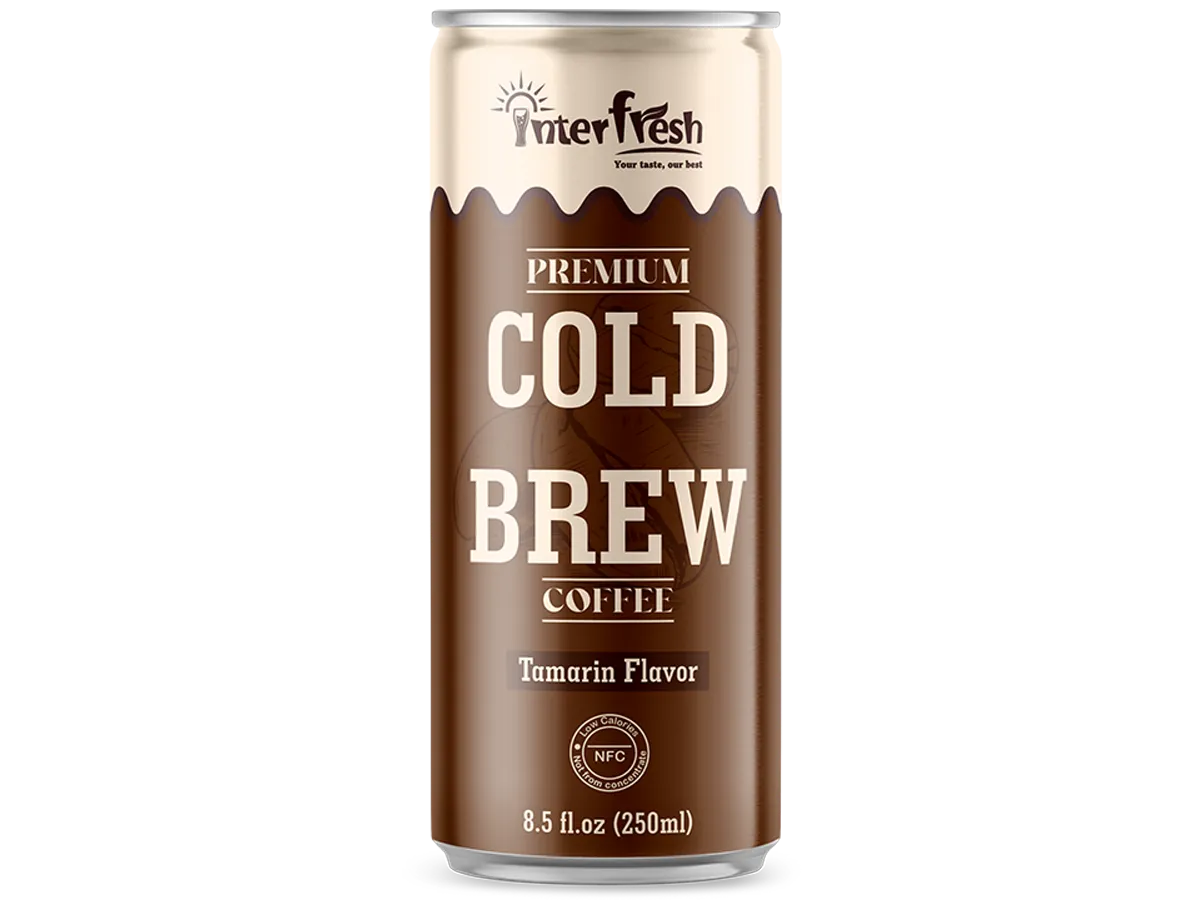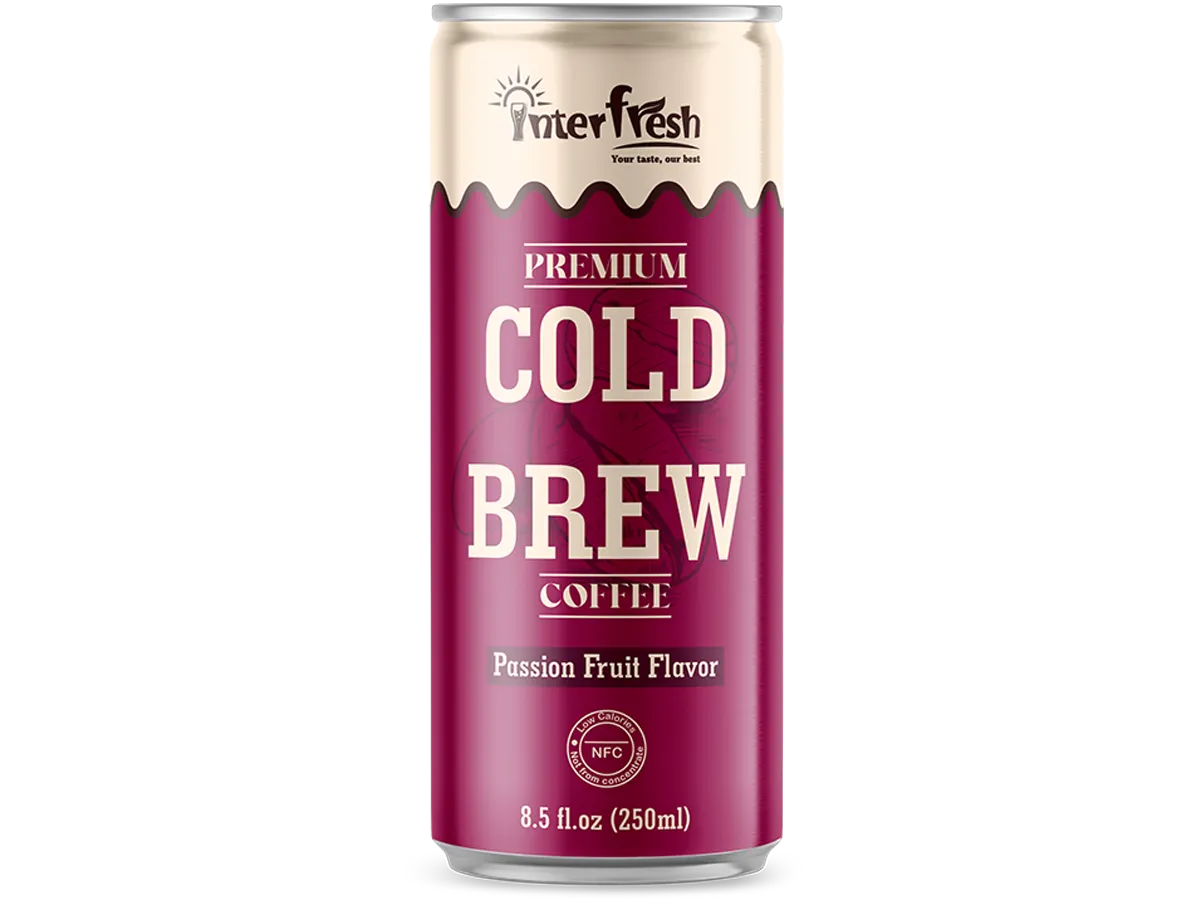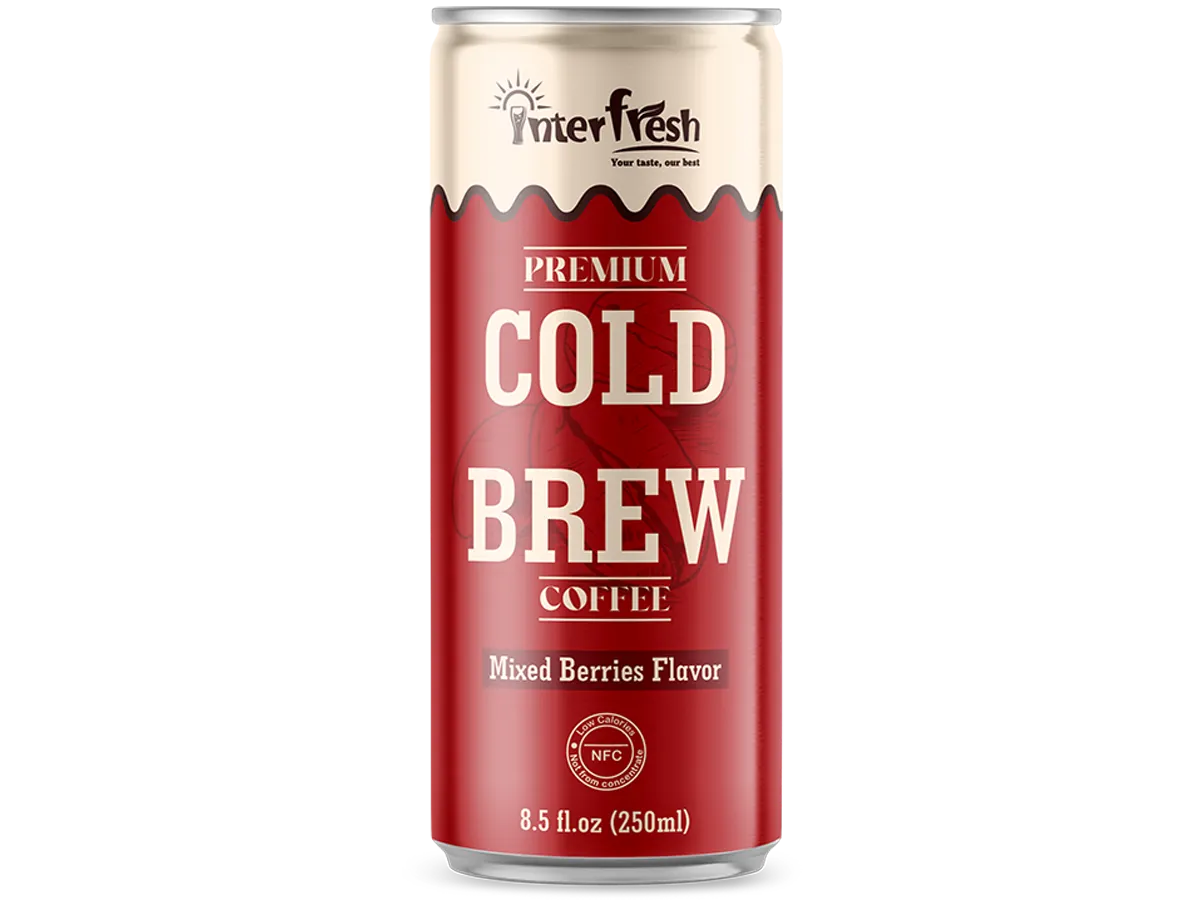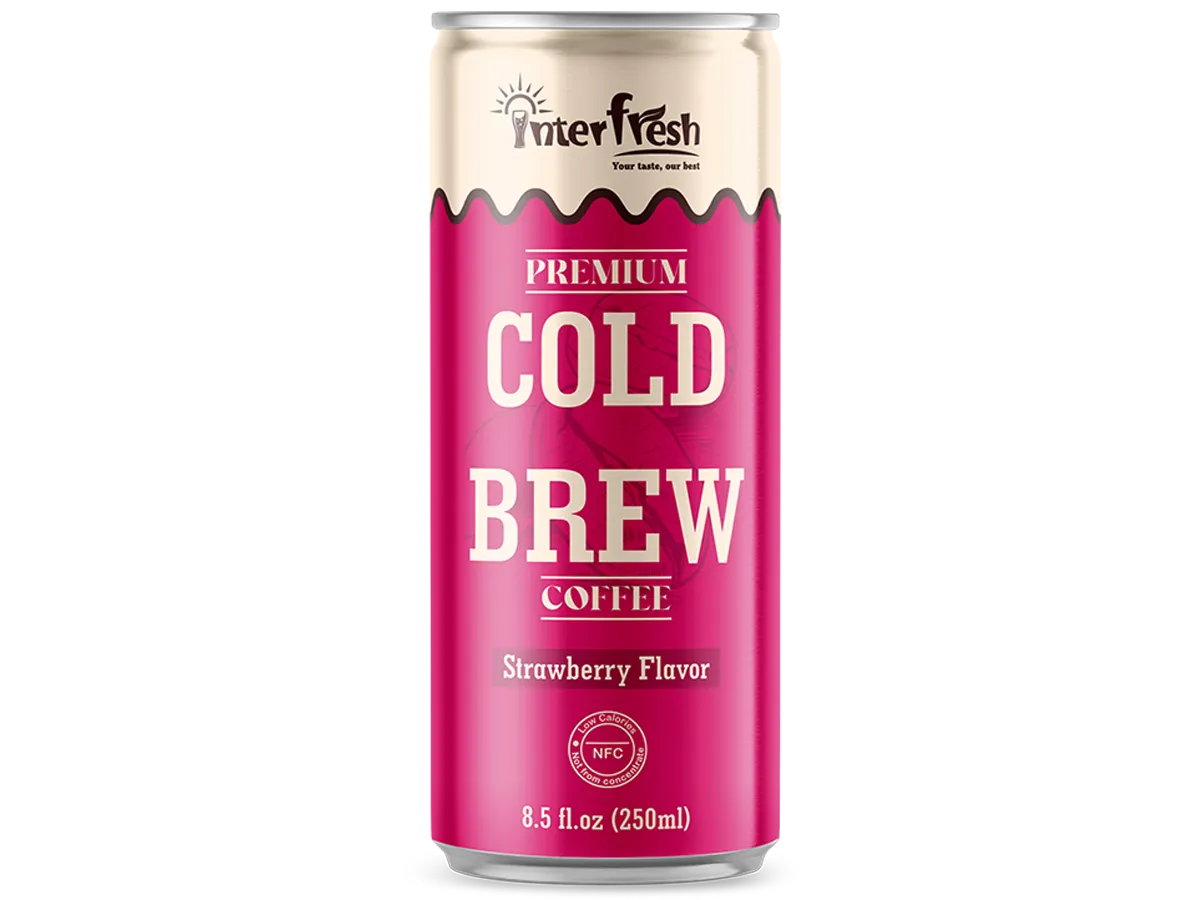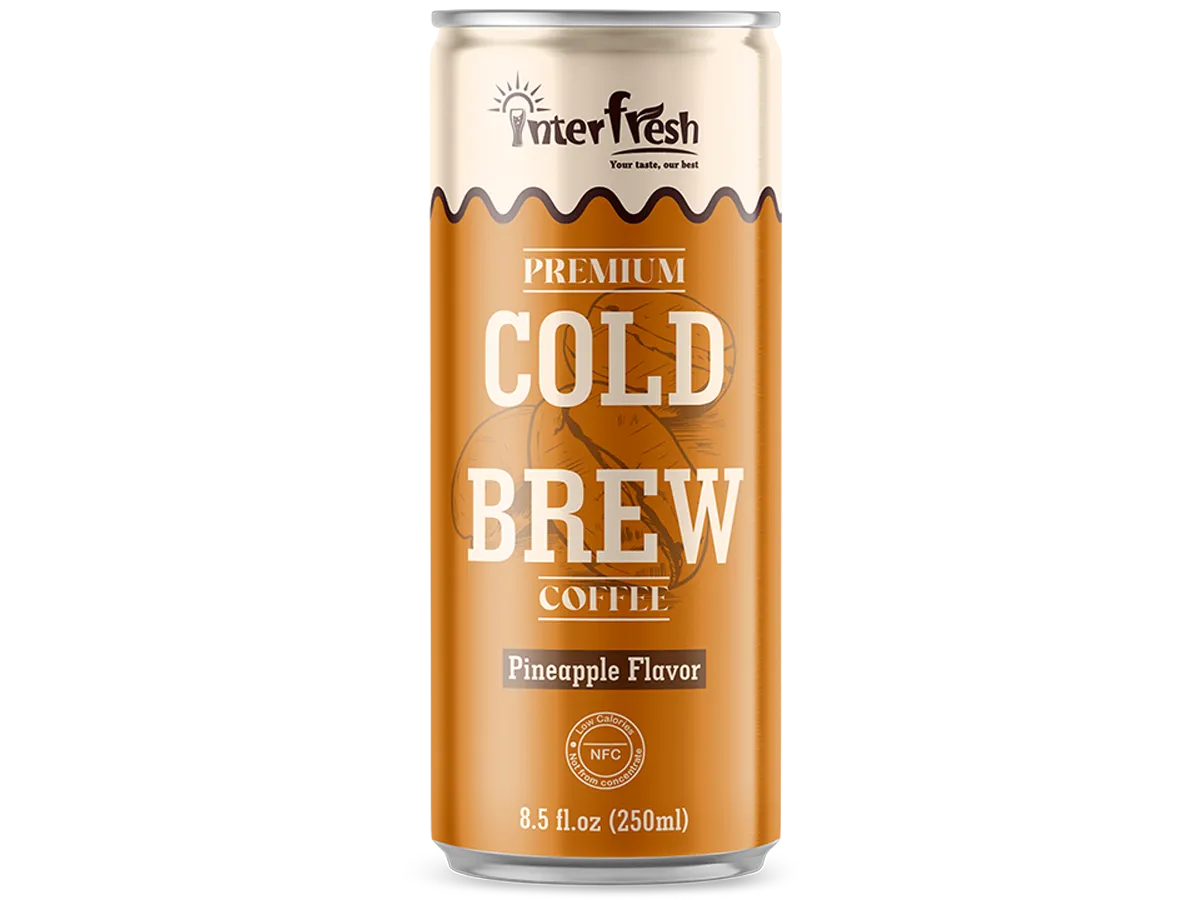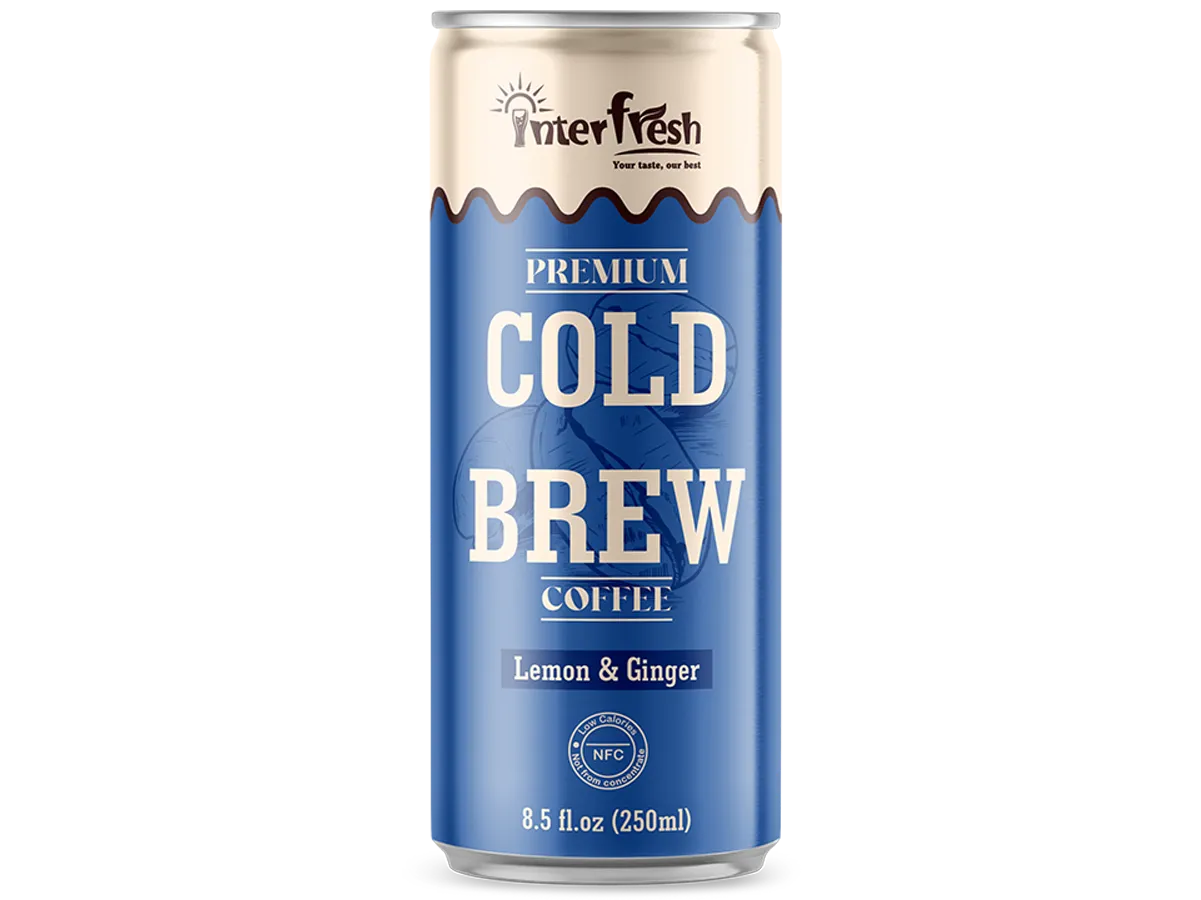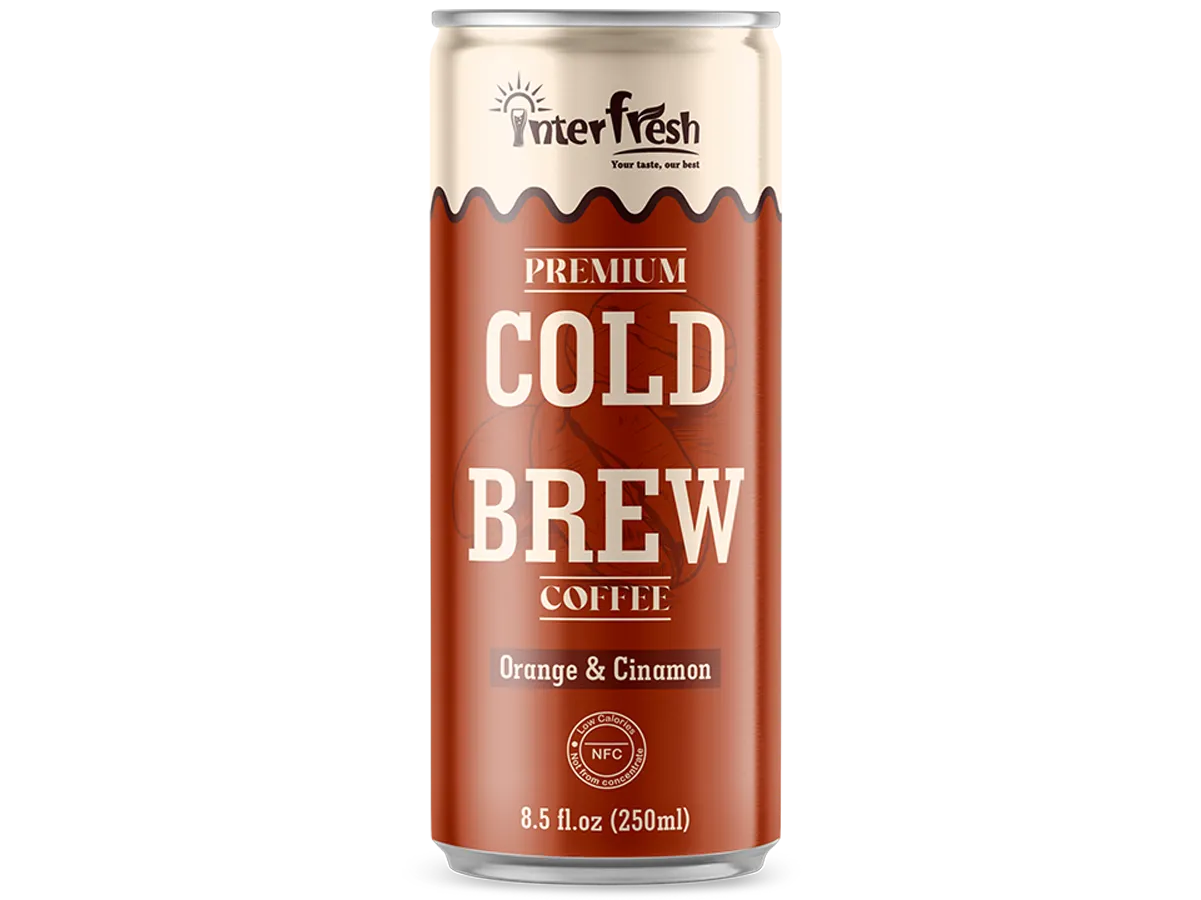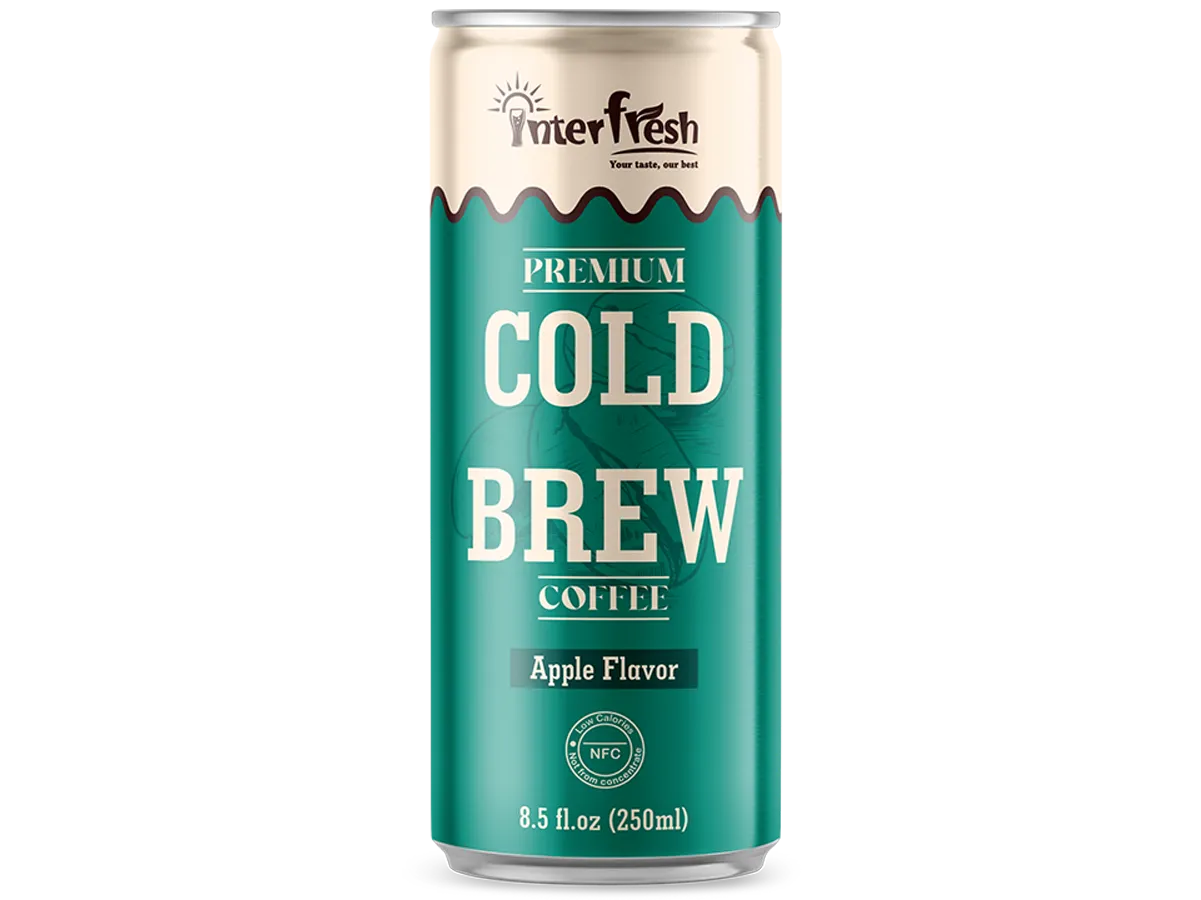Caffeine is a widely consumed stimulant, fueling mornings and powering late-night study sessions across the globe. With countless beverages offering a caffeine kick, many wonder, “What drink has the most caffeine?” From energy drinks to specialty coffees, the answer depends on preparation, serving size, and ingredients. Interfresh, a Vietnam-based leader in premium superfoods exporting to over 80 countries, offers natural caffeine beverages like Vietnamese coffee and green tea blends. This guide ranks the highest-caffeine drinks in 2025, explores their health benefits, and highlights Interfresh’s role in delivering natural, nutrient-rich options. Drawing from your interest in superfoods like coconut water, calamansi juice, and natural caffeine, this article aligns with your focus on health-focused content for global markets.
Table of Contents
Understanding Caffeine in Drinks
Caffeine is a natural or synthetic stimulant found in beverages like coffee, tea, energy drinks, and sodas. Natural caffeine comes from plants (e.g., coffee beans, tea leaves), while synthetic caffeine is lab-produced for energy drinks. Caffeine content varies by drink type, preparation, and serving size. For those asking, “What is caffeine?”, it’s a compound that boosts alertness, focus, and energy by stimulating the central nervous system. The FDA recommends a safe daily limit of 400 mg for most adults, equivalent to about 4 cups of brewed coffee.
Top Drinks with the Most Caffeine in 2025
Below is a ranking of beverages with the highest caffeine content, based on standard serving sizes and typical preparations in 2025. Note that caffeine levels can vary by brand, brewing method, or formulation.
|
Rank |
Drink |
Serving Size |
Caffeine Content |
Key Features |
|---|---|---|---|---|
| 1 |
Bang Energy Drink |
473 ml (16 oz) |
300 mg |
Synthetic caffeine, zero sugar, amino acids |
| 2 |
Reign Total Body Fuel |
473 ml (16 oz) |
300 mg |
Synthetic caffeine, BCAAs, fitness-focused |
| 3 |
Espresso (High-Strength) |
60 ml (2 oz) |
120-200 mg |
Natural caffeine, concentrated, bold flavor |
| 4 |
Brewed Coffee (Dark Roast) |
240 ml (8 oz) |
95-200 mg |
Natural caffeine, antioxidants, customizable |
| 5 |
240 ml (8 oz) |
95-180 mg |
Natural caffeine, robust, nutrient-rich |
|
| 6 |
Monster Energy Drink |
473 ml (16 oz) |
160 mg |
Synthetic caffeine, taurine, high sugar |
| 7 |
Red Bull Energy Drink |
250 ml (8.4 oz) |
80 mg |
Synthetic caffeine, compact size, moderate boost |
| 8 |
Black Tea |
240 ml (8 oz) |
40-70 mg |
Natural caffeine, flavonoids, calming |
| 9 |
Green Tea (Interfresh Blend) |
240 ml (8 oz) |
20-45 mg |
Natural caffeine, catechins, L-theanine |
| 10 |
Cola (e.g., Coca-Cola) |
355 ml (12 oz) |
34 mg |
Synthetic caffeine, high sugar, mild boost |
What Drink Has the Most Caffeine?
Bang Energy Drink and Reign Total Body Fuel tie for the highest caffeine content, delivering 300 mg per 473 ml (16 oz) can. These energy drinks use synthetic caffeine, providing a potent, immediate boost favored by athletes and high-energy professionals. However, natural caffeine drinks like espresso (up to 200 mg per 2 oz) and Interfresh Vietnamese coffee (95-180 mg per 8 oz) offer comparable caffeine with added antioxidants and smoother effects, making them healthier alternatives for daily consumption.
Health Benefits of High-Caffeine Drinks
Enhanced Energy and Focus
High-caffeine drinks like Bang Energy or Vietnamese coffee boost alertness and concentration, ideal for demanding tasks. For those asking, “Do high-caffeine drinks improve focus?”, 100-300 mg can enhance performance for 4-6 hours, as seen in espresso or brewed coffee.
Metabolic Boost and Weight Management
Caffeine increases metabolism by 3-11%, aiding fat burning. Drinks like Reign (300 mg) or green tea (20-45 mg) support weight management when paired with exercise. For those wondering, “Are high-caffeine drinks good for weight loss?”, moderate intake (100-200 mg) is effective, especially from natural caffeine sources.
Antioxidant Support
Natural caffeine drinks like Interfresh Vietnamese coffee and green tea provide antioxidants (e.g., chlorogenic acids, catechins), reducing inflammation and supporting heart health. For those asking, “Do high-caffeine drinks have antioxidants?”, coffee and tea outperform synthetic energy drinks.
Women’s Health
Caffeine reduces fatigue and improves mood, benefiting women during menstruation or menopause. Green tea’s L-theanine promotes relaxation, addressing “Caffeine benefits for women”. For those exploring superfoods like calamansi juice, Interfresh green tea blends offer similar antioxidant benefits.
Exercise Performance
High-caffeine drinks like Bang or Monster enhance endurance and strength by reducing perceived effort. For those asking, “Are high-caffeine drinks good for workouts?”, 100-300 mg pre-exercise boosts performance, with natural caffeine sources like coffee being gentler on the stomach.
Pregnancy Considerations
Caffeine during pregnancy should be limited to 200 mg daily to avoid risks. For those asking, “Are high-caffeine drinks safe during pregnancy?”, avoid energy drinks like Bang and opt for low-caffeine green tea (20-45 mg), with medical consultation, as discussed with coconut water.
Natural vs. Synthetic Caffeine Drinks
|
Feature |
Natural Caffeine Drinks (e.g., Coffee, Tea) |
Synthetic Caffeine Drinks (e.g., Bang, Monster) |
|---|---|---|
|
Caffeine Content |
20-200 mg/serving |
80-300 mg/serving |
|
Nutrients |
Antioxidants, vitamins |
Minimal, often sugar or additives |
|
Effect |
Smoother, sustained energy |
Intense, may cause jitters |
|
Best For |
Daily wellness, heart health |
Quick boosts, workouts |
For those asking, “Which high-caffeine drink is healthiest?”, natural caffeine drinks like Interfresh Vietnamese coffee or green tea offer antioxidants and fewer side effects compared to synthetic caffeine energy drinks.
How to Choose and Consume High-Caffeine Drinks
Recommended intake: 100-400 mg daily (1-4 cups of coffee or equivalent), addressing “How much caffeine is safe daily?”. Overconsumption (>400 mg) may cause anxiety, insomnia, or heart palpitations.
Tips for Safe Consumption:
-
Start Low: Begin with 50-100 mg (e.g., green tea) to assess tolerance.
-
Timing: Avoid caffeine after 2 PM to prevent sleep disruption, answering “When is the best time to drink caffeine?”.
-
Hydration: Pair with coconut water (low-calorie, hydrating) to balance electrolytes.
-
Moderation: Limit energy drinks like Bang due to high synthetic caffeine and additives.
Global Recipes:
-
Vietnamese Iced Coffee: Brew 240 ml of Interfresh Vietnamese coffee (95-180 mg caffeine) with condensed milk, popular in North America.
-
Matcha Latte: Mix Interfresh green tea (20-45 mg caffeine) with almond milk, trending in Europe.
-
Energy Smoothie: Blend guarana-infused coconut water (30-40 mg caffeine) with pineapple, inspired by your superfood interests.
These confirm “Are high-caffeine drinks healthy?” when sourced naturally and consumed mindfully.
Safety and Considerations
High-caffeine drinks are safe in moderation, answering “Is it OK to drink high-caffeine drinks every day?”. Precautions include:
-
Overconsumption: Excess (>400 mg) may cause jitters, rapid heartbeat, or insomnia.
-
Sensitivity: Those new to caffeine should start with low doses (e.g., green tea, 20-45 mg).
-
Medical Conditions: Consult a doctor for heart issues, anxiety, or pregnancy, as with calamansi juice.
-
Additives: Energy drinks like Monster may contain high sugar or artificial ingredients, unlike natural caffeine options.
For those asking, “Can I drink high-caffeine drinks on an empty stomach?”, coffee or tea is generally safe but may cause mild irritation; pair with food if sensitive.
Interfresh’s High-Caffeine Products
Interfresh offers premium natural caffeine beverages, certified organic, Halal, and ISO 22000-compliant, aligning with your B2B interests in juice brands. Our range includes:
Frequently Asked Questions (FAQs)
Bang Energy Drink and Reign Total Body Fuel (300 mg per 473 ml) have the most caffeine, followed by espresso (120-200 mg per 60 ml).
Yes, natural caffeine (e.g., Interfresh Vietnamese coffee) offers antioxidants and smoother energy, unlike synthetic caffeine in Bang, which may cause jitters.
Yes, 100-400 mg daily is safe for most, answering “Is it OK to drink high-caffeine drinks every day?”. Avoid excess to prevent side effects.
Natural caffeine drinks like coffee or green tea (100-200 mg) boost metabolism, supporting weight management, unlike sugary energy drinks.
Limit to 200 mg daily (e.g., 1-2 cups coffee), with medical consultation, addressing “Caffeine benefits during pregnancy”.
Interfresh Vietnamese coffee or green tea (20-180 mg caffeine) offer antioxidants and fewer additives, ideal for daily wellness.
Bang Energy Drink and Reign Total Body Fuel lead as the drinks with the most caffeine (300 mg per 473 ml), but natural caffeine options like Interfresh Vietnamese coffee (95-180 mg) and espresso offer comparable energy with antioxidants and health benefits. From weight management to cognitive enhancement, moderate caffeine intake (100-400 mg daily) supports global wellness. Interfresh’s natural caffeine beverages, rooted in Vietnam’s rich agriculture, deliver quality and taste for consumers in Miami, Madrid, or Melbourne. Consult a healthcare provider for specific needs, especially during pregnancy. Start your energy journey with Interfresh’s Vietnamese coffee and green tea at interfresh.com.vn, complementing your love for superfoods like coconut water and calamansi juice.
References
-
Nehlig, A., et al. (2010). Caffeine and the central nervous system: Mechanisms of action. Brain Research Reviews. Available at: https://pubmed.ncbi.nlm.nih.gov/20837076/
-
WebMD. (2024). Caffeine: Health Benefits and Risks. Retrieved from: https://www.webmd.com/diet/caffeine-health-benefits
-
Healthline. (2023). Caffeine Content of Popular Drinks. Retrieved from: https://www.healthline.com/nutrition/caffeine-in-drinks
-
World Health Organization. (2020). Healthy Diet Guidelines. Retrieved from: https://www.who.int/publications/i/item/9789240017474
-
Interfresh. (2025). Product Certifications and Sourcing Standards. Available at: https://interfresh.com.vn


